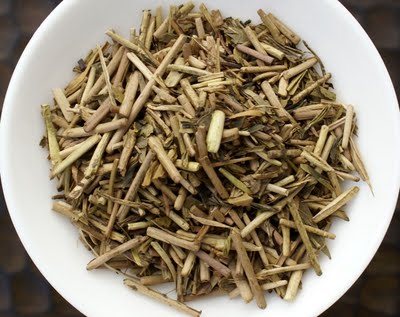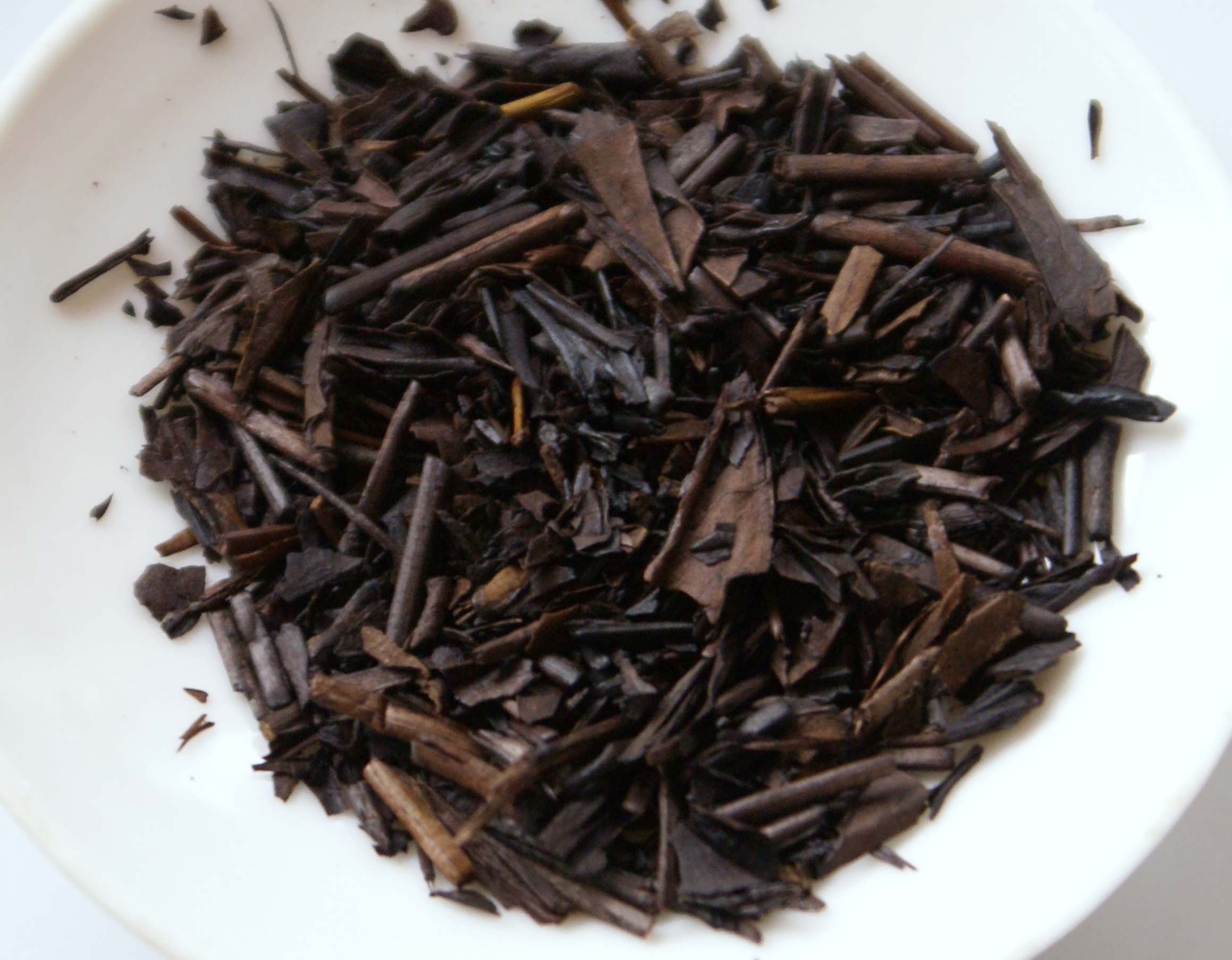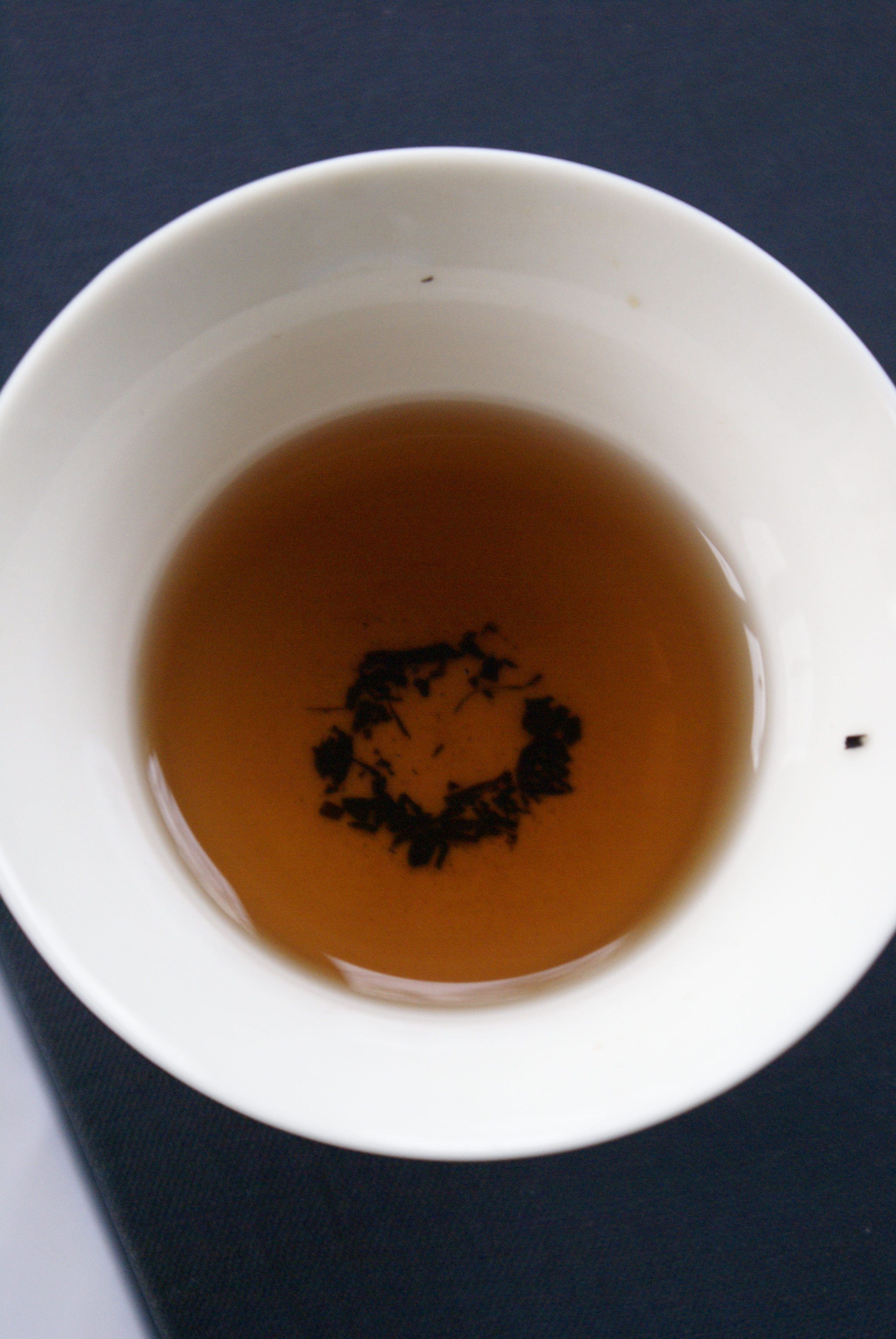Undrinkable
Posted on 4 April 2011
99% of the tea I drink is pretty good. That’s because I buy good tea, friends give me good tea, and I never drink tea from tea bags at Starbucks. Generally, I’m spoilt for good tea. And of course it’s quite nice to write up good teas on this blog. (In the domain of wine, it’s a little different, because readers apparently expect warnings as much as recommendations. The tea world seems a more optimistic place).
So when I drink a really bad tea, it’s actually an interesting experience. It happens rarely enough to generate no frustration, and I try to learn in the process. I recently founded a Polish-language tea community on the web, and one of its exciting developments has been a number of shared ‘tea mixed cases’ where a box stuffed with goodies travels from one person to another. Everybody tries the same teas and we then discuss them on the webpage. (I borrowed this concept from Teachat).
One recent shared box featured Japanese sencha green teas mostly from Kaburagi-en (see here for an earlier note on them), and one houjicha from Morino-en. It happened to be one of the worst teas I’ve ever had.
It has an alarming colour and an alarming smell: charcoal. Composed of stems with the occasional bancha large thin leaf, this tea has been roasted to oblivion. Most of the stems are dark brown–black, darker than the houjicha I’ve seen elsewhere. The aroma is that of burnt wood. Carbonified plants: do I really want to drink it?
I did, and it was a mistake. The flavour is worse than the smell. Burnt wood, charcoal, ash, and a bit of floating cadaver too. This tea is quite undrinkable. Maybe I was brewing it the wrong way? So I tried with cooler water and more concentration, but it just made the charcoal water less hot and actually more difficult to drink. So I increased water temperature to almost boiling, but interestingly, the tea came out even thinner and sharper, with a sour edge. (This is similar to overroasted coffee which contrarily to what you’d expect, is thinner and more acidic than a medium roast). Don’t get me wrong: I do enjoy Japanese kukicha and houjicha (roasted stem tea) from time to time, when it’s well made (see review here). But the roast has to be balanced: I want to get tea flavour subtly complemented by roast. It’s not the case here.
The amazing thing is that several people in our Polish discussion group actually liked it. They alluded to notes of chocolate and an attractive sweetness. Have we been drinking a different tea? No. My experience in wine confirms that people’s perception of the same wine can range from A to Z. We have over 350 flavour receptors in the nose and mouth, and we differ vastly in how we interpret those flavours. So it’s better not to be too orthodox about things we enjoy, though with this Houjicha, there’s absolutely nothing that can convince me it’s a pleasant tea…

Good-quality Japanese kukicha: note the difference to the above.
Disclosure
Source of tea: gift from a tea friend.



